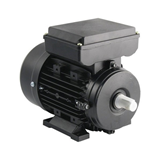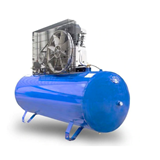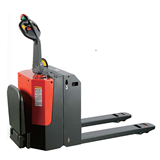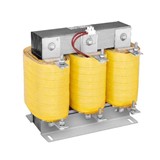Being the heart of the ever-growing lion, the battery – unlike the engine specifications of a petrol car – makes for the most impressive marketing feature. With the demand for more advanced smart-phones, lighter laptop computers, and paper-thin music players growing by the day, the electric car industry has been in the fortunate position to collect momentum and ride the wave of continued advances.
However it remains a few leaps and bounds behind the level of convenience that would take it that extra step to being a true household name.
"As far as Electric Cars are concerned – it all comes down to battery technology. There are batteries that will do 300+ km – but at a price," says Mark Taylor, secretary of the Sydney branch of the Australian Electric Vehicle Association (AEVA).
Current costings for a Lithium-ion battery pack, of a 100km range, come in at around $10,000, and last around five years. Whilst similar to the idea of paying for your fuel consumption upfront, rather than week to week, it is a prospect that is out of the reach of most Australians, come replacement time.
According to Taylor, progress is certainly being made, with his latest upgrade to a Lithium-ion battery shedding around 300 kilograms off the total weight of his electric-converted minivan.
"Electric Motors, both AC and DC, are very efficient, reliable and powerful. I believe battery powered cars will be used primarily as second cars, doing short runs, where range isn't an issue. As the technology progresses, range will increase, and charge time will decrease, as will the cost," he added.
And it is obvious why the scale is tipping towards battery power. Lower running costs – with no oil, air filters or spark plugs to replace; almost completely recyclable batteries, and importantly: zero tail pipe emissions.
Whether or not this will be enough to force a shift in the batteries' favour, only time will tell. Transport Minister Anthony Albanese has stated that 85 per cent of Australians on the road cover less than 100km a day, which would leave sufficient time to charge a battery overnight – fresh and ready for the next morning. Indeed it seems the initial cost of setting up one’s car, to be able to run on battery power, could be the deciding factor for most.
Talks with the Australian government to push for ownership incentives are ongoing, but perhaps the greatest step forward, would be just any step at all.
Taylor added a thought that might just be the reason for the slow development stages along the way: "I see great untapped potential in electric vehicles – but it will bring about reduced profits for many large, powerful companies. I believe this is the biggest underlying factor holding back their progress."
It wouldn't be the first time that such corporate pressures overshadowed technological progression.
"Maybe that's why compressed air cars fail: they don't consume anything. At least electric cars will bring profits to battery manufacturers."



-160x160-state_article-rel-cat.png)








